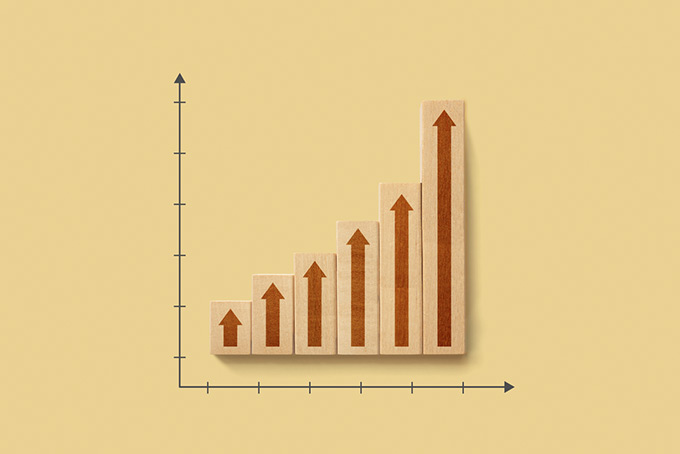5 Reasons to Say NO to Credit Cards
Credit cards are a great option when you don’t want to carry cash. They enable online purchases. They are abundantly available. And they offer convenience, protection, and rewards that make them handy tools in your financial arsenal. They work well when you manage them smartly by paying off your balances every month.
On the flip side of the coin, credit cards can be financially devastating if you don’t consider the risks before getting in over your head. Let’s discuss five reasons why you might want to hit the “pause” button on your credit card usage.
1. Spending to Excess
Credit cards do not teach self-control when it comes to spending. A high credit limit can give you an unrealistic sense of your spending power – and can easily lure you to hit those limits. Under such pressure, exercising restraint can be difficult. But this impulsive attitude toward buying and spending can have untold negative impacts on your financial security.
2. Ignoring Your Budget
Credit cards allow you to ignore your budget – or completely forego creating one. Budgeting is a great way to keep your spending in check because it makes you account for all your purchases, both big and small, that quickly add up each month. But if you only use credit cards, and don’t accurately track your account activity, you have no way of judging how much you’re spending. Conversely, physically handing over bills and feeling them leave your hand gives you a better sense of what things cost, as does paying by check and immediately recording the transaction in your checkbook ledger.
3. Incurring Skyrocketing Interest
Simply put, credit card interest rates are high. If you don’t pay off your balance each month, you’ll incur interest – which makes your purchases more expensive and makes it all the more challenging to pay off your account. Just consider this example: You used your credit card to make a $1,000 purchase. Your card carries an 18% interest rate, and you make only the minimum payment each month. After an entire year, you’ll pay $175 in interest and still owe $946 on that purchase.
4. Facing Rising Rates
Not only will you be saddled with compounding interest, you could also face increasing rates. You may have signed up for your account for a special low annual percentage rate (APR) – until you don’t pay off your balance in full. Many of these APR special offers are only available to those who don’t carry a balance, meaning your great 8% APR can suddenly spike to 29%.
5. Damaging Your Credit Score
Whether you take your credit card on a spending spree without a plan to pay it off or get hit with medical bills you use your card to cover, you could find yourself in debt. And if you’re unable to pay off this debt, you’ll see a slide in your credit score. A poor credit score can generate a host of other seemingly unaffiliated problems as well.
As a result of your plummeting credit score, you could even see an unexpected rate increase on your insurance bill – insurance companies might see your inability to pay your credit card balance as a red flag that you’re a higher risk. If you’re looking for a new job, be aware that some employers run credit checks on applicants and may not hire you if your score is too low because they see it as a sign of irresponsibility. And if you’re in the market for a new home or looking to refinance your current home, your low credit score might cause your lender to offer a high interest rate on your mortgage – or even mark you as ineligible for a loan. Even worse, you might face bankruptcy, which scars your credit history for up to 10 years and forces you to rebuild your credit.
Still not convinced to give your credit cards a rest? Consider the plus side of not owing money, not facing late fees or interest, not worrying about whether or not you can afford a major purchase. You’ll feel a sense of relief – and pride – when you buy something without financing it. But if you need help breaking the habit, please reach out to the team at DebtGuru.com. One of our friendly counselors will be happy to provide guidance and advice on savvy credit card practices.



 We offer FREE Debt Counseling. Get answers to lower or eliminate your debts.
We offer FREE Debt Counseling. Get answers to lower or eliminate your debts.
